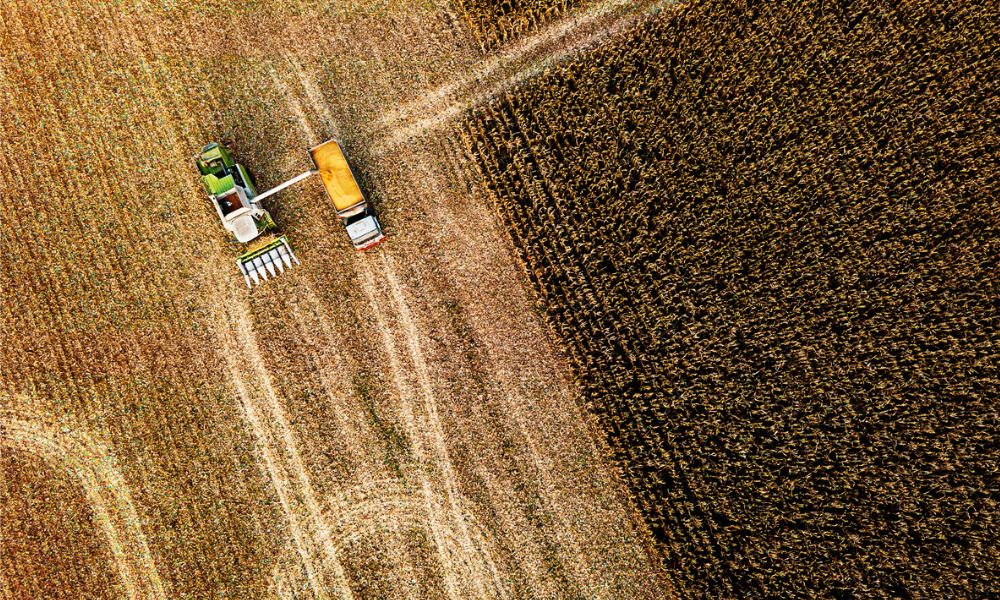Canadian Agricultural Safety Week ran from March 15-21, 2020

In light of the recent Canadian Agricultural Safety Week, the Canadian Centre for Occupational Health and Safety (CCOHS) and the Canadian Agricultural Safety Association have released a series of tips and guidelines to help ensure safety on farms. Indeed, the CCOHS says “farms are hives of activity where workers face daily hazards, some with the potential to be fatal.” With the current COVID-19 pandemic, taking these preventative measures is even more important.
It recommends various measures including – but not limited to:
-Being prepared by making sure to read all equipment safety instructions, inspecting all tools to make sure that they are in optimal condition to be used and wearing the appropriate PPE.
-Knowing about various hazard risks tied to different working environments (and planning for them): confined spaces, working at heights, animal enclosures, working alone, etc.
-When working with animals, understanding their behavior, being aware of diseases and illnesses spread by livestock, etc.
-Having various contingency plans at the ready, notably in relation to animal evacuations or when handling hazardous products. On that last point, this also includes being aware of all risks associated with hazardous products (chemicals, herbicides, insecticides, etc.).
-Avoiding infection or contamination by washing hands, being aware of preserving food and water supplies.
Additionally, the CCOHS has also cautioned to be more aware of mental health issues facing those in the farming industry due to the unique challenges facing farmers such as long working hours, isolation, uncertainty facing the future of the industry, etc.
The CCOHS has released a free online resource, Orientation on Health and Safety for New Agricultural Workers, to help enlighten new agricultural workers on the OHS matters in the sector.





